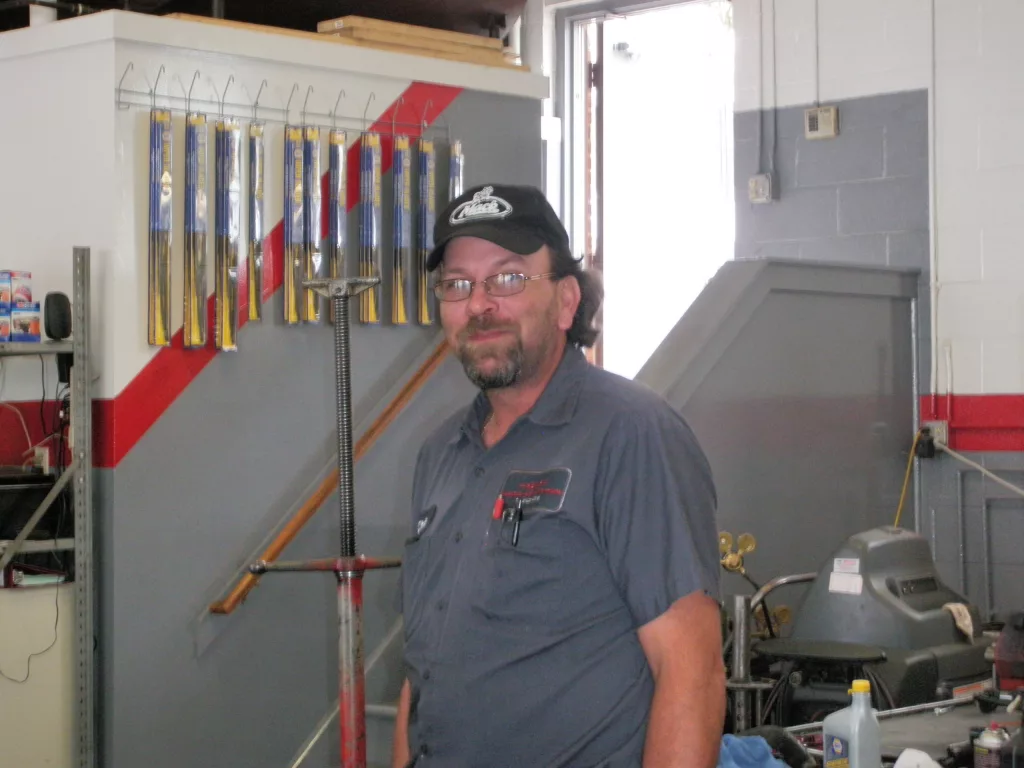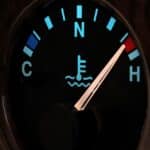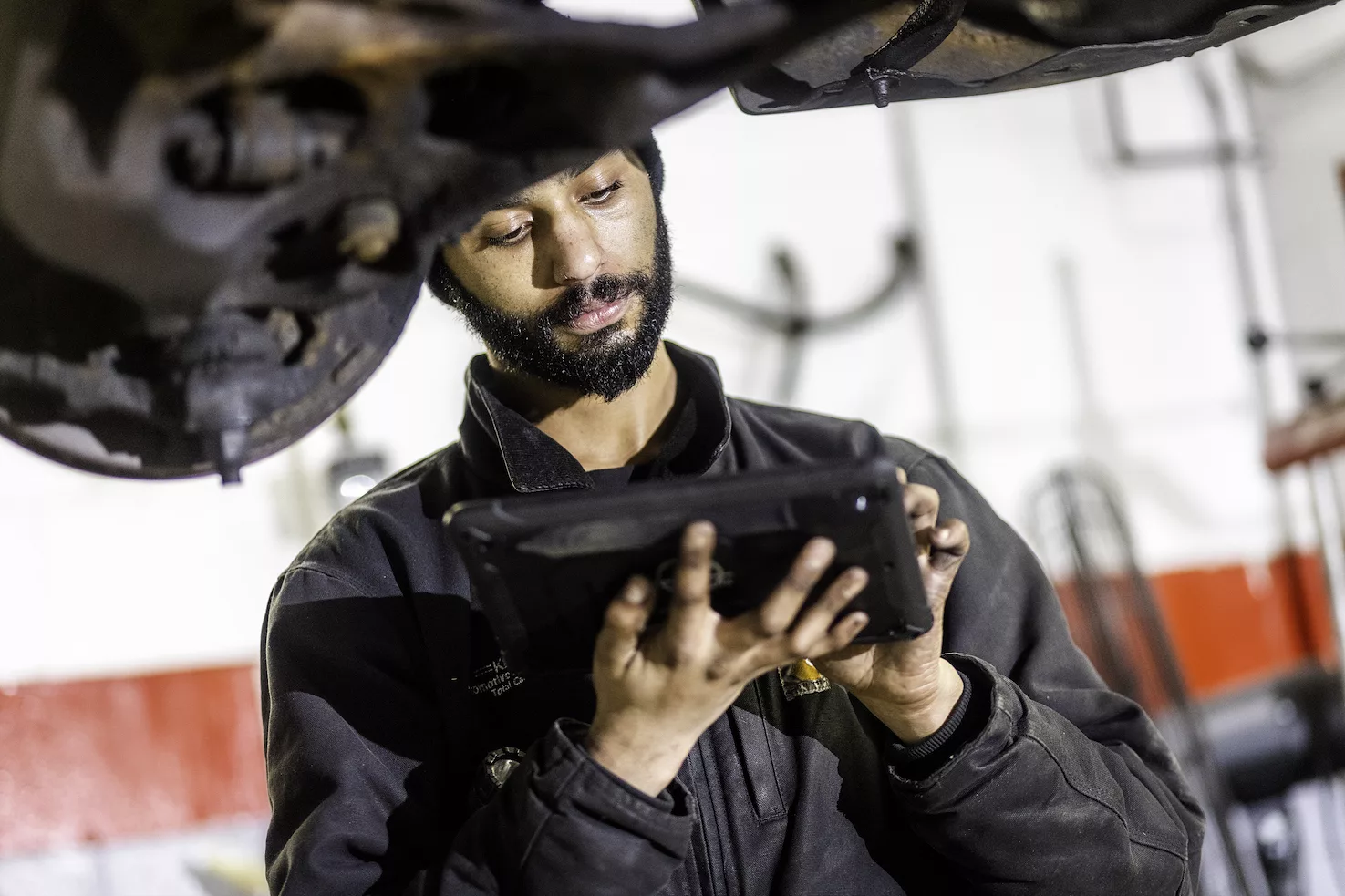Burning oil is a common problem that almost all automobiles face, even new ones. However, if you ignore it, it can cause expensive and irreplaceable damage to your car over time. The average vehicle has somewhere between five and eight quarts of oil at all times, and every quart is crucial for lubricating important parts of your vehicle. So take a look at some of the most common causes of burning oil and what to do to resolve it.

A Worn-out PCV Valve
The positive crankcase ventilation, also known as the PCV system, is an important component of your car’s engine. It’s responsible for eliminating harmful gasses that get generated during the combustion process. Before the gasses exit the exhaust, the PCV directs them back to the combustion chamber and burns them again. However, when the PCV system gets clogged, oil is sucked into the engine instead of gas and causes the burning of oil. This problem can be resolved by replacing the PCV valve.
Worn Out Piston Rings
Piston rings form a seal between the piston and cylinder wall, which prevents pressurized combustion gasses from entering the oil sump and regulates oil consumption. Worn-out piston rings allow oil to enter the combustion chamber and then burn. The only way to fix this problem is to replace the worn-out piston rings.
Damaged Oil Pan
The oil pan is a component of the engine’s lubrication system. It’s attached to the engine’s bottom and is responsible for holding the oil needed to lubricate parts of the engine. The oil pan can get damaged if you drive on uneven surfaces or when it gets hit by road debris. If you notice a puddle of oil near your car, your oil pan may be the reason. You can resolve the problem by replacing the damaged oil pan.
A Broken Gasket
The gasket prevents oil from spilling on other components in the engine. Over time, the continuous heating up and cooling can cause damage and gaps in the gasket, which eventually lead to an oil leak. To prevent this from happening, be sure to have your gasket examined during your regular car maintenance service. If it’s too late and your car has a broken gasket, have it replaced immediately.
Damaged Valve Guide and Seal Leaks
The intake and exhaust valves work to ensure your car runs smoothly. They’re constantly lubricated to function properly without allowing oil into the fuel-air mixture your vehicle creates. When valve seals/guides are damaged, they allow oil into the combustion chamber as the valves work. If you see a blueish smoke emitting from the exhaust during startup, a worn-out valve seal or guide usually is to blame.
Keep Your Car Running Smoothly
If your car is burning oil, bring it to the automotive professionals at Ken’s Automotive & Transmissions. We’ll carefully examine your entire vehicle to find the root cause of the problem and resolve it promptly. Click here to schedule an appointment online, or give us a call at (301) 662-5100.














